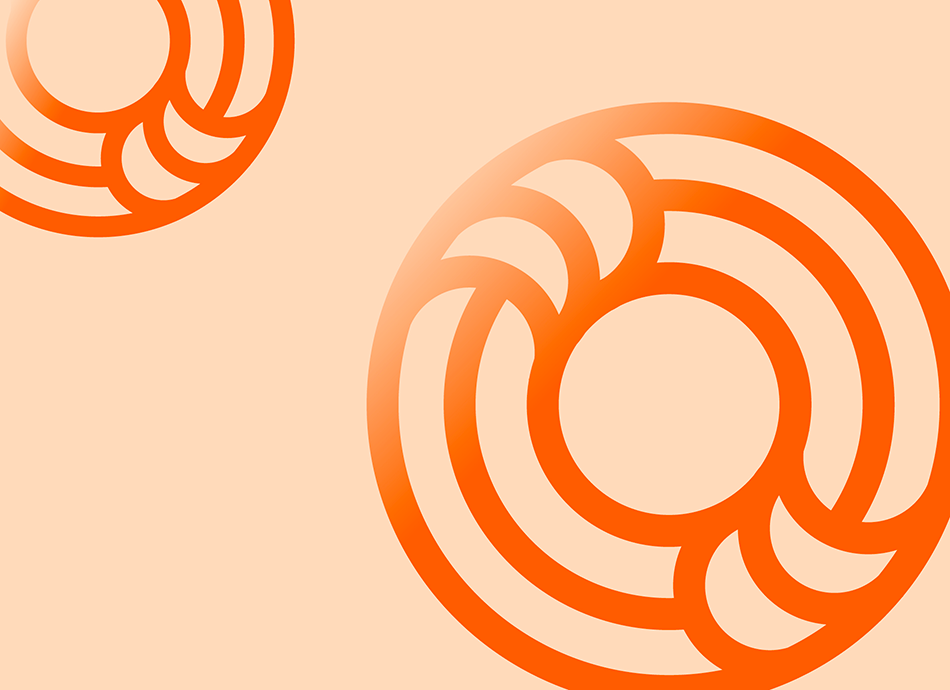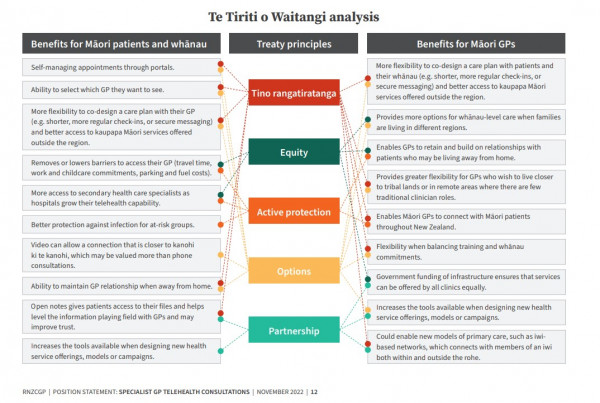Open Notes for healthcare providers
Key points about OpenNotes
- OpenNotes is the term given to opening up the health record so that patients can see their own notes and medical record.
- This includes consultation records, lab results, immunisations, medications and recalls.
- It's done through a secure online patient portal.

The OpenNotes initiative began in 2010 as a 12-month experiment to “investigate patients and doctors’ attitudes about sharing a visit note”. At the end of the year, 99% of patients wanted to continue sharing visit notes and no doctor asked for the notes to be turned off. This led to an international movement that has become known as Open Notes.
Since this time, numerous studies have demonstrated multiple benefits of sharing visibility of their medical record with patients.
- Blease C, Salmi L, Rexhepi H, Hagglund M, DesRoches CM. Patients, clinicians and open notes – information blocking as a case of epistemic justice(external link) J Med Ethics 2022;48:785–793.
- Amin W, Bridson E, Bromell R, et al. Patient and clinician attitudes to OpenNotes(external link) Department of Preventive and Social Medicine, University of Otago, 2019
- GPs and patients benefit from Open Notes(external link) HINZ, NZ, 2019
- Walker J, Leveille S, Bell S, Chimowitz H, Dong Z, Elmore JG, Fernandez L, Fossa A, Gerard M, Fitzgerald P, Harcourt K, Jackson S, Payne TH, Perez J, Shucard H, Stametz R, DesRoches C, Delbanco T. OpenNotes After 7 Years – patient experiences with ongoing access to their clinicians’ outpatient visit notes (external link)J Med Internet Res 2019;21(5):e13876
- Esch T, Mejilla R, Anselmo M, et al. Engaging patients through open notes: an evaluation using mixed methods BMJ Open 2016;6:e010034.
Open Notes is both a technical change as well as a philosophical shift for clinicians to be willing to open up the medical record and share fully with patients. Patients have the right to read or request a copy of their medical notes at any time, however traditionally doing this has been difficult for patients to access and time-consuming for healthcare teams or practices to facilitate.
Technology has completely changed this so that now it is one of the standard modules available through general practice patient portals and can be turned on with a few clicks.
From a patient perspective:
- Studies show that most patients remember less than half of what they discuss with their medical professional. Seeing your doctor’s notes helps you remember what you discussed and what action points you agreed.
- Having more information about your health care helps you to understand your health condition better and stay more in charge of managing your own health.
- Open Notes can make your care safer. You can make sure there are no mistakes in the notes and they can remind you when you need to have check-ups.
- If you want to share your health information with someone who is helping look after you, Open Notes makes this easy to do.
From a healthcare provider perspective, studies show:
- improved communication
- improved patient recall following visits
- improved patient motivation/engagement in their own health and healthcare
- more efficient care
- improved accuracy of medical notes
- improved patient safety
- an approximately 75% improvement in adherence to treatment
- better relationships with your patients
- improved trust and both clinician and patient satisfaction
- facilitation of patient centred care, self-management support and shared decision-making.
Read more about the evidence base on the OpenNotes website.(external link)
Research findings:
- Up to 92% of patients in the OpenNotes study opened their notes.
- More than 60% of patients reported doing better with taking medications as prescribed because of open notes.
- More than 77% of patients reported that open notes helped them feel more in control of their care.
- More than 86% of patients agreed that open notes would be an important factor in choosing a future doctor or health plan.
- Fewer than 8% of doctors reported taking more time to address patients’ questions outside of visits.
- Fewer than 20% of doctors reported taking more time writing notes.
- 99% of patients wanted open notes to continue.
A new initiative called OurNotes is underway. It's described as follows:
"OpenNotes is exploring a new way to improve communication and shared decision-making through an initiative called “OurNotes.”
OurNotes has 2 principal goals:
- to engage patients (and often their families) more actively in their care, and
- to help make visits more focused and efficient for both patients and clinicians."
Read more about the OurNotes initiative(external link) and an evaluation study of the OurNotes pilot sites(external link).
- How to get the most out of your notes: FAQs for patients(external link) OpenNotes, US, 2017
- OpenNotes – how the power of knowing can change healthcare(external link) NEJM Catalyst, Massachusetts Medical Society, 2017 (subcriber access only)
- Effects of open notes – FAQs for clinicians(external link) OpenNotes, US, 2017
"Most practices in New Zealand now offer patient portals (9) and the College is of the view that these should be included as a business-as-usual feature of general practice. The ability to self-manage appointments, view laboratory results, and request repeat prescriptions gives patients more control and ownership of their health affairs and reduces administrative costs for practices by automating low-value, transactional interactions. Secure messaging is another option and can be particularly beneficial for patients who can only write and read messages outside of a practice’s normal working hours. Specialist GPs are then able to respond the next time they are at work, in accordance with that practice’s policy on how and when such messages are actioned. If the messaging system is linked to the practice’s health records, any messages are automatically recorded against the patient’s file, which may not be the case for email exchanges.
However, while secure messaging provides a very accessible channel for patients to interact with members, it can be challenging if it is not supported by a clear charging policy. In the absence of such a policy, practices may find themselves inundated with messages ranging from simple follow-up questions to detailed descriptions of new health concerns.
Open notes can provide benefits for patients (10,11) and can be particularly valuable in relation to telehealth consultations where communication can be more difficult. Having a record of what was discussed and what treatment and actions were recommended can act as a useful safety net when call quality is poor due to internet connections or mobile".
Source: Specialist GP telehealth consultations position statement(external link), NZ, 2022
How patient portals and open notes fit with Te Tiriti o Waitangi principles is outlined in the following image.

Credits: ProCare Patient Portal Working Group and Healthify editorial team. Healthify is brought to you by Health Navigator Charitable Trust.


